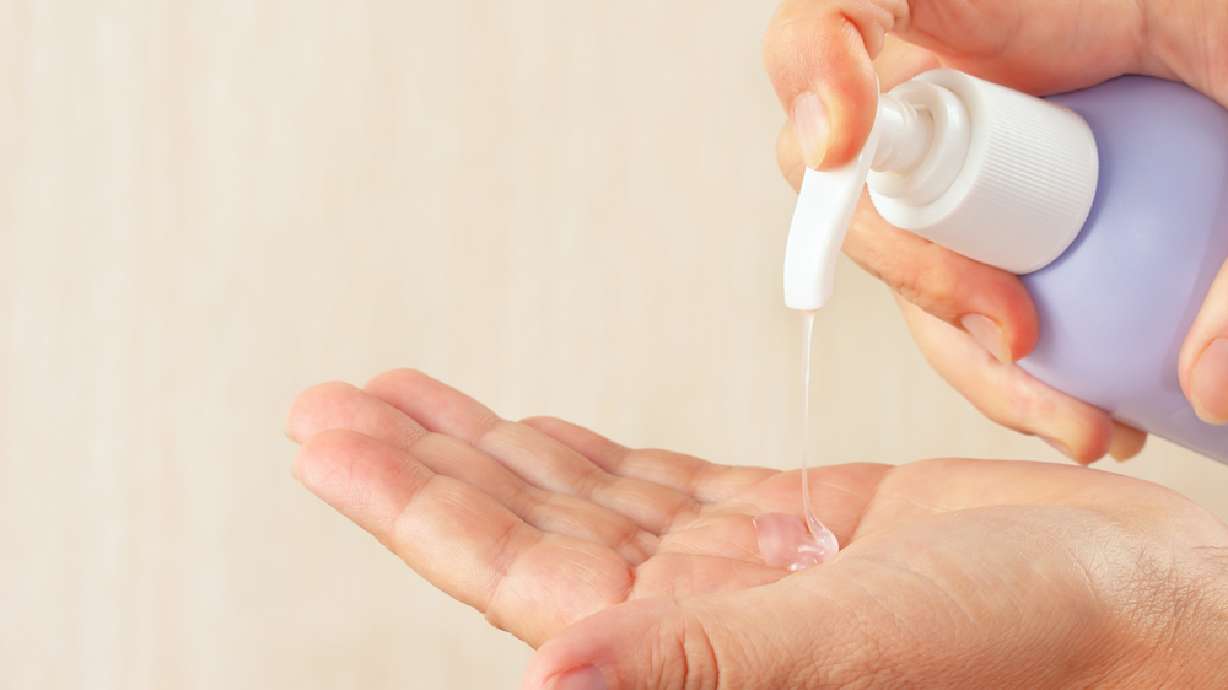Estimated read time: 2-3 minutes
This archived news story is available only for your personal, non-commercial use. Information in the story may be outdated or superseded by additional information. Reading or replaying the story in its archived form does not constitute a republication of the story.
MINNESOTA — A chemical found in 75 percent of anti-bacterial soaps was banned in Minnesota.
The ban comes after researchers said the chemical triclosan, which is found in hand soaps and other personal care products, may impair muscle function. A bill prohibiting the use of triclosan in most consumer hygiene products was signed by Minnesota's governor Friday and will take effect on Jan. 1, 2017.
"While this is an effort to ban triclosan from one of the 50 states, I think it will have a greater impact than that," Minnesota state Sen. John Marty told the Associated Press.
Minnesota is the first state to ban the chemical, but opponents of triclosan said they expect more regulations will be put into place in the future.
In addition to antibacterial personal-care products, researchers said triclosan is found in deodorants, mouthwashes, toothpaste, bedding, clothes, carpets, toys and trash bags. When mice were exposed to "everyday" doses of triclosan, the ability of their heart muscles and skeletal muscle fibers to contract was impaired, according to a study published by a group of scientists from the University of California Davis School of Veterinary Medicine and the University of Colorado.
Related Story
Researchers also observed that mice that were given a single dose of triclosan experienced an 18 percent reduction in grip strength for up to 60 minutes after the exposure, according to the study.
"Triclosan is found in virtually everyone's home and is pervasive in the environment," principal investigator Isaac Pessah said in a statement. "These findings provide strong evidence that the chemical is of concern to both human and environmental health."
There is no evidence to prove triclosan and other anti-bacterial chemicals help prevent the spread of germs, according to the Food and Drug Administration. A new rule proposed by the agency in December would require manufacturers to demonstrate their anti-bacterial products have a clinical benefit to consumers when compared to regular soap and water.
Triclosan was first developed as a tool to prevent bacterial infections in hospitals and was introduced to the market more than 40 years ago. Since then, it has found its way into household products.
"Triclosan can be useful in some instances, however it has become a ubiquitous 'value added' marketing factor that actually could be more harmful than helpful," study co-author Bruce Hammock said in a statement. "At the very least, our findings call for a dramatic reduction in its use."
The use of triclosan in products that come into contact with food was banned in the European Union in 2010.










